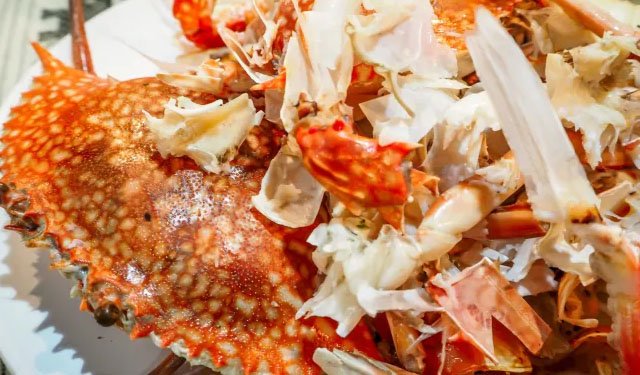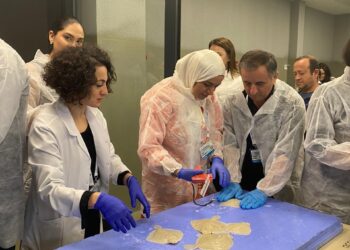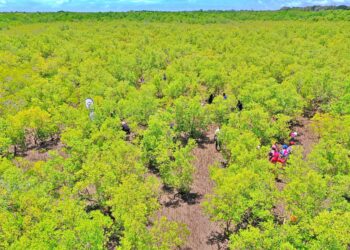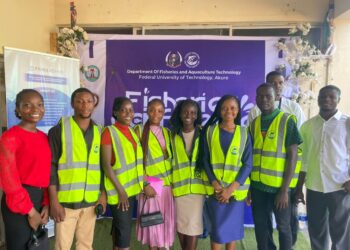Electric car batteries made with crustacean by-products – A study published last September in the scientific journal Matter bodes well for the future sustainability of batteries for electric cars.
Battery made with zinc and chitosan
A group of researchers from the University of Maryland and that of Houston has developed a battery made with zinc and chitosan derived from chitin, one of the main components of the exoskeletons of crabs, shrimps and lobsters and other crustaceans.
The new battery demonstrated excellent high-speed performance and long-term cycling stability. Furthermore, the chitosan-Zn electrolyte is non-flammable and is biodegradable, which makes the battery very interesting in terms of safety and sustainability.
Security and sustainability
The research group is led by Professor Liangbing Hu who in an interview with Newsweek specified that the battery can be used for internal combustion engines or to store the energy generated by large-scale wind and solar panels for transfer to electrical networks. Hu stressed that more convenience and sustainability would still be the most attractive factors of its use.
Chitin has already found commercial use in the pharmaceutical industry, in the production of pesticides and fertilizers and again for the production of edible coatings and films for food applications.
Here you can access the research “A sustainable chitosan-zinc electrolyte for high-rate zinc-metal batteries”.
Electric car batteries made with shellfish by-product







